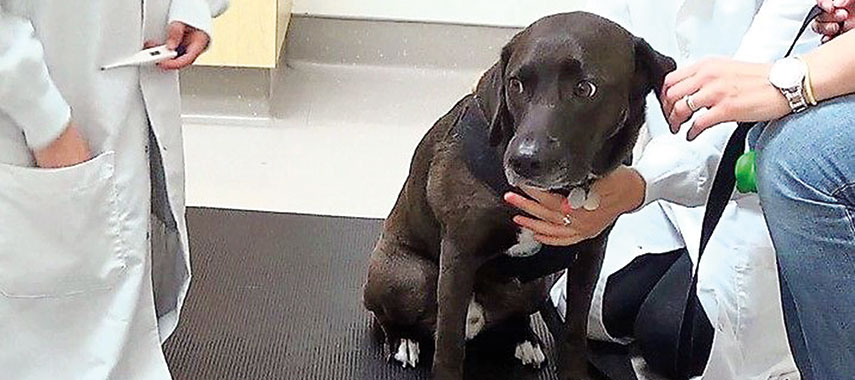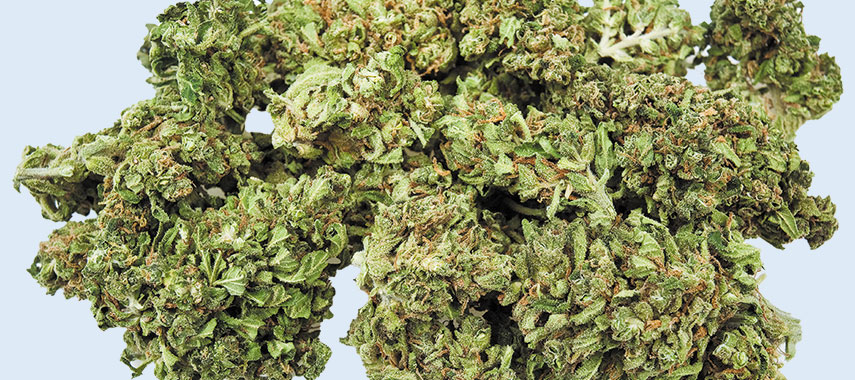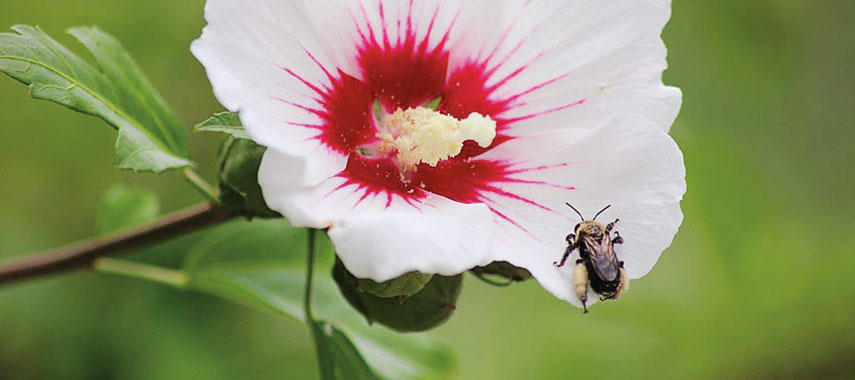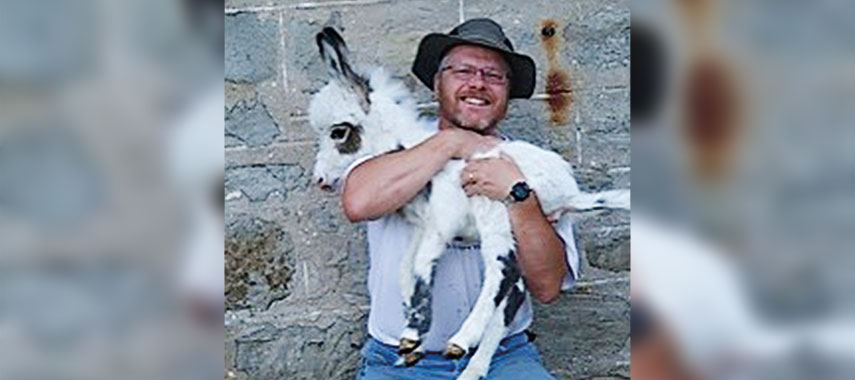Asking pet owners to wait outside the veterinary clinic on visits during the pandemic might make dogs more stressed, say researchers at the Ontario Veterinary College. Clinics have sought to protect the health and safety of veterinary staff as well as patients with entry restrictions. The study found dogs separated from their owners during exams
Dogs stressed without owners in clinic









